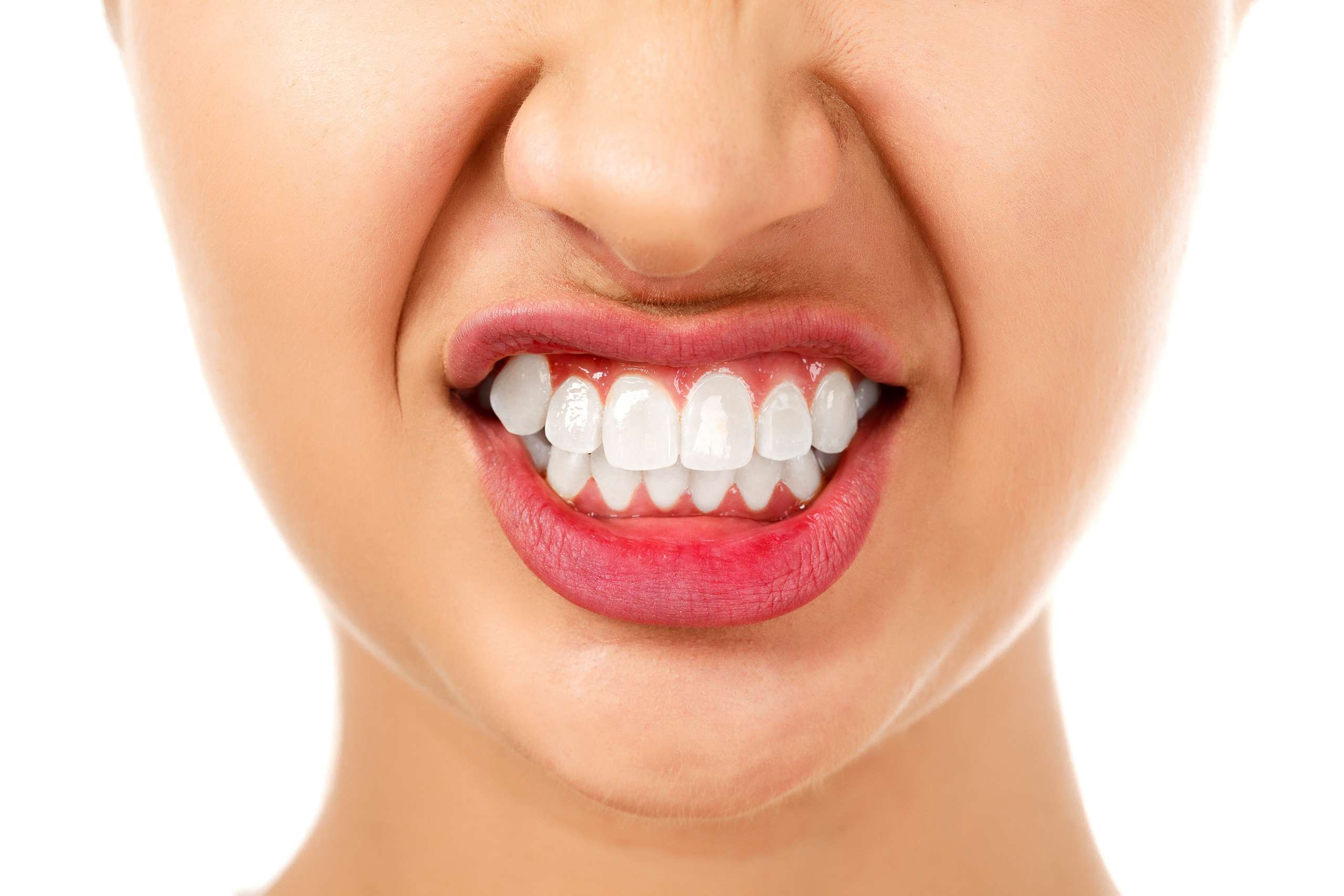New Smiles
TMJ/TMD Treatment
Symptoms
The symptoms of TMJ disorders vary from patient to patient, with the most common
being:
Treatment
In most cases, the pain associated with TMJ disorders are temporary and can be cured
with self-managed care or non-surgical treatments. Pain relievers like Ibuprofen can
help reduce swelling and using an oral appliance or night guard can prevent clenching
and grinding. Surgery is a last resort after conservative measures have failed. Medical
assistance is required if you have persistent pain or tenderness in your jaw, which
makes opening or closing your jaw difficult. Your dentist at WND can discuss possible
causes and treatments for your problem.
Teeth Grinding
Teeth grinding, or bruxism, is a condition where you grind or clench your teeth on a regular basis. Although this can be caused by stress and anxiety when you clench your teeth while you are awake (awake bruxism), it is not necessarily true when grinding your teeth while sleeping (sleep bruxism). Sleep bruxism is considered a sleep related disorder that is more likely caused by missing teeth or sleep apnea. Most people are unaware of sleep bruxism until complications develop such as jaw tenderness and excessive wear on teeth. Chronic teeth grinding may result in fracturing, loosening, and loss of teeth.
Symptoms of bruxism may include:

